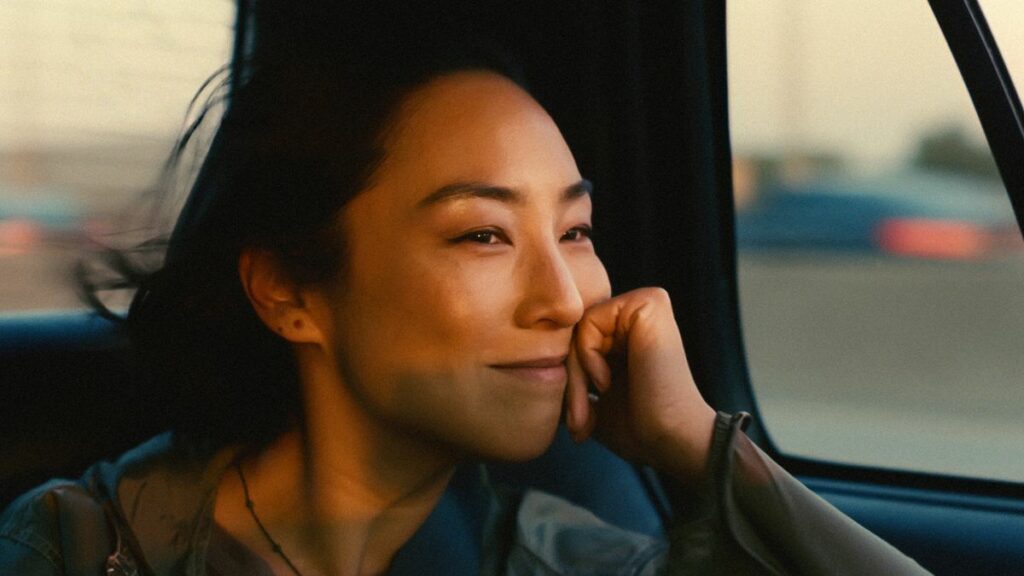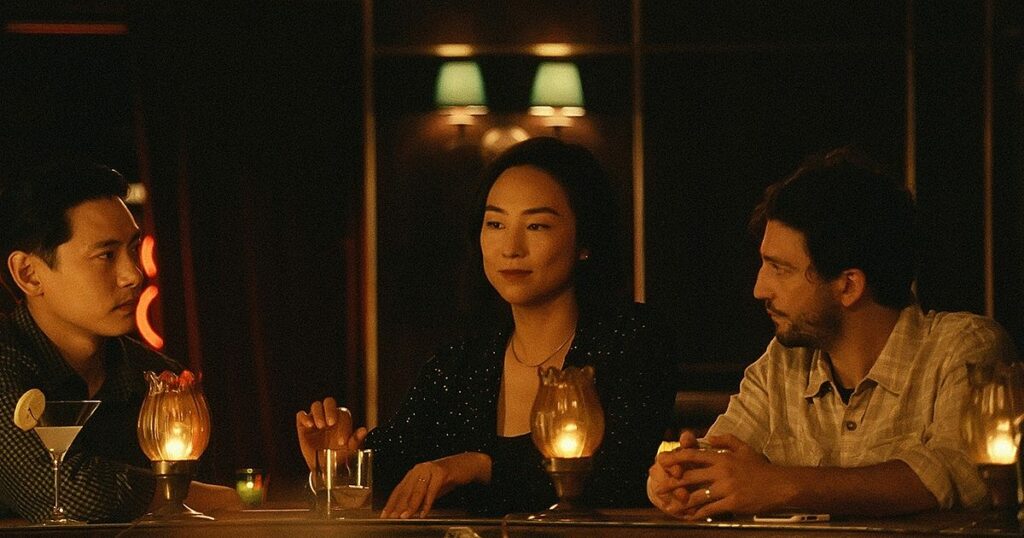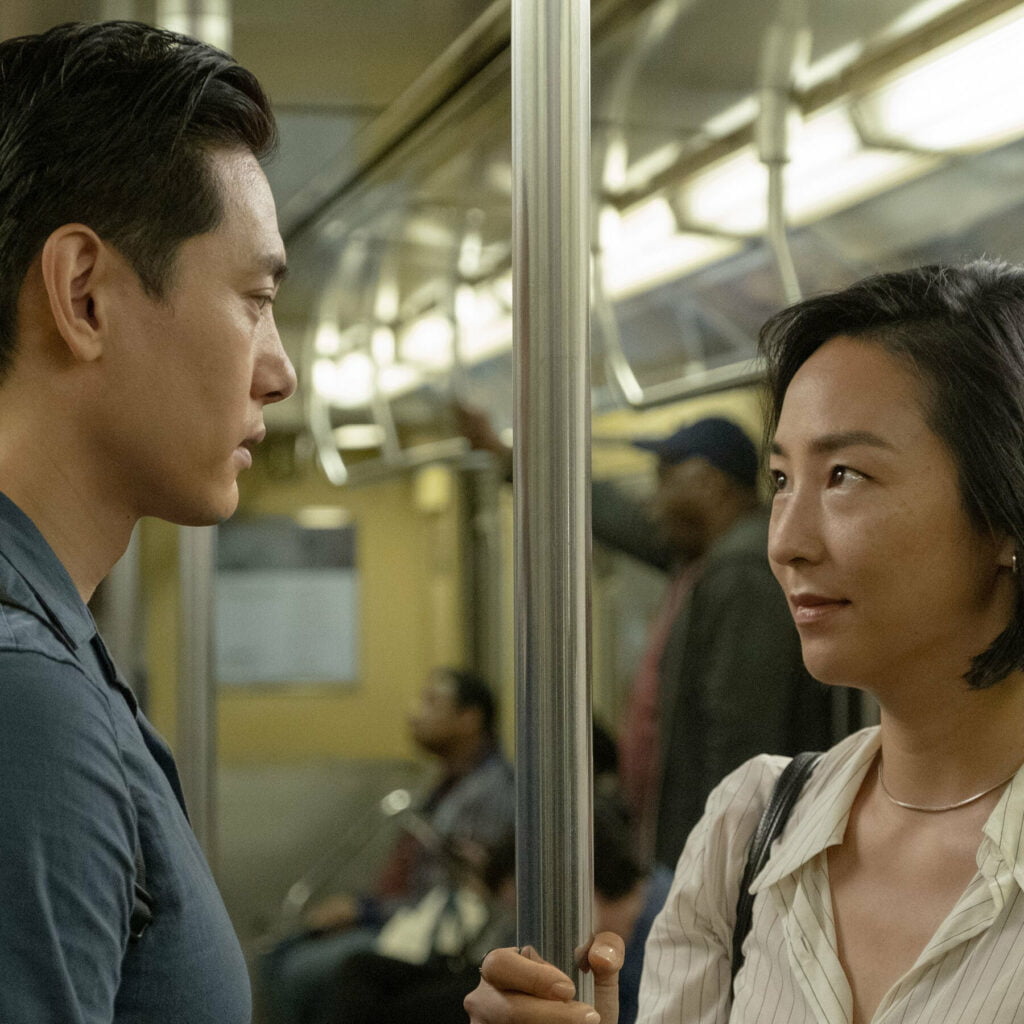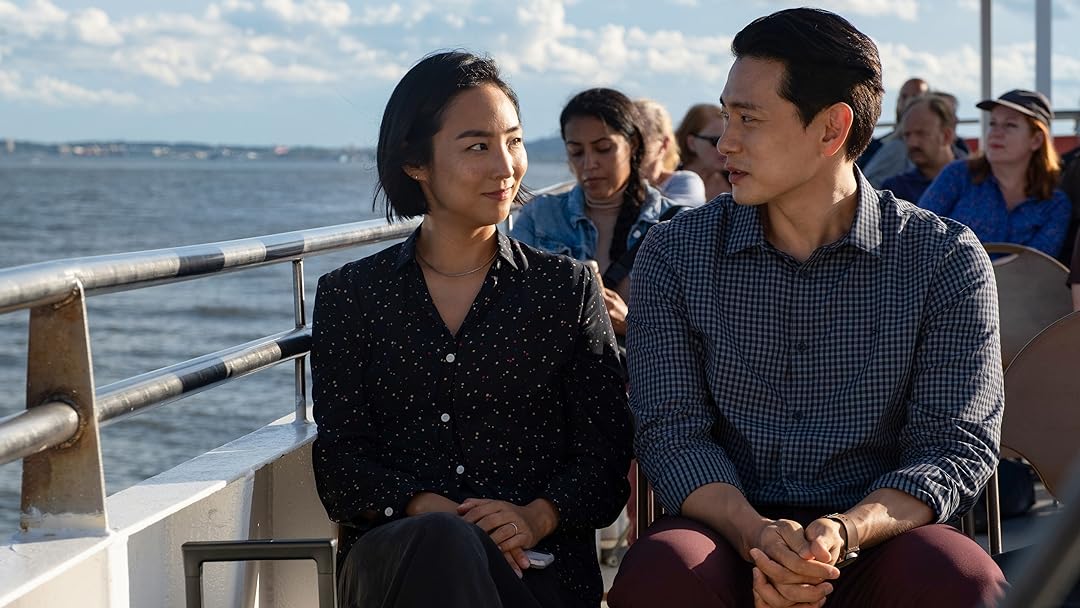Spoilers Ahead!
Celine Song’s debut feature ‘Past Lives,’ is perhaps 2023’s most thoughtful and touching film. The Best Picture Oscar contender appeased audiences & critics alike and with its release on streaming platforms, continues to be in conversation. The elusive story is that of human connections and the permanence of love despite its perceived ephemerality.
Based on events from Song’s life, Past Lives is written and directed by Song with cinematography by Shabier Kirchner. It centres on the Korean concept of ‘Inyeon,’ which the film describes as “providence or fate… specifically about relationships between people.”
Past Lives follows Nora Moon (formerly Na Young), a Korean immigrant & playwright, and her fated relationships through the evolution of time, especially her childhood sweetheart, Hae Sung. Though the story spans 24 years, the film itself feels concise and very carefully curated– it is slow and tranquil yet tightly written. In its poignancy, it manages to be a lot of things: a story of love, a story of friendship, a story of lives left behind & lives gained, and a story of the immigrant dream.
A relentless pursuit of the immigrant dream
Nora is depicted as a dreamer from the very start of the film. Her parents seemingly immigrate not for a step ahead in their living standards but to provide better opportunities for their children. A young Nora says that Koreans don’t win Nobel prizes and in its pursuit, she fearlessly leaves her homeland. As time passes and her dream evolves from a Nobel to a Pulitzer to a Tony, her character remains unwavering in the path of its pursuit.

Disrupting the convenient narrative of ‘love over all,’– where often women leave their dreams be with their true love– ‘Past Lives,’ maintains its ground in giving Nora this clear focus that remains undeterred by any offering of love. “I immigrated twice to be here in New York. I want to accomplish something here,” she says as she painfully parts ways with Hae Sung concluding their first reenterance into each other’s lives.
The role of the camera in Past Lives
The film’s camera work is just as attentively constructed as its plot and the two go hand in hand in creating an emotive ambience. Its cinematography sways between showing the big and the small– alternating between close-ups of our characters and wide shots. The close-ups are entirely character-focused while the wide shots, true to their function, place us in the setting the characters are in.

What the camera does so well in Past Lives is centring the characters even in the wide shots. There is a constant play of scale between the characters and their setting that shows them relationally not just to each other but also where they are in life. The setting itself becomes a third character in the shot. The perpetual stillness of the camera draws us into a state of calm and enables reflexivity.
Inyeon and the appreciation of the memory of love
The concept of ‘Inyeon’ is at the heart of Song’s story. The film is seemingly written around it. “It’s an inyeon if two strangers even walk past each other in the street and their clothes accidentally brush, because it means there must have been something between them in their past lives. If two people get married, they say it’s because there have been 8,000 layers of inyeon over 8,000 lifetimes,” Nora says in the film. Through this, we are invited to draw an appreciation for the people who have passed through our lives. With inyeon, Song philosophises the simple moviegoing experience, inviting the audience to participate alongside Nora, Hae Sung & Arthur, to reflect & contemplate upon their own lives.

Inyeon, more than anything can be seen as a vessel to show the acceptance of the present and all that life has led up to, albeit only entirely possible in a life that is already secure & comfortable. All the moments of life lead up to each other, unfolding in front of us without our knowing. In accepting this, the film avoids also the overdrawn trope of ‘boy chases girl because they’re destined to be together.’
Love in its place
Although ‘Past Lives‘ is a romance film, it also holds strong on the personhood of its characters. Nora, Hae Sung, and Arthur (Nora’s husband) are all self-possessed individuals. Their intertwining stories do not deter them as people and act merely as occurrences in their lives. Nora remains on a steady path throughout the film, working on her career and finding her husband along the way– Arthur himself is shown as a rather established writer and a wonderful husband.
Hae Sung, although retaining some level of feelings for Nora, has his own separate life that doesn’t revolve around tracking her down or wanting to eagerly pin her down.

It shows a very healthy depiction of love which is surprisingly quite rare. Neither does Nora have any intentions to rekindle anything with Hae Sung, nor does Hae Sung want to do the same and disrupt his childhood friend’s marriage– which honestly is the more realistic portrayal of such a situation. It is especially endearing how Arthur’s character navigates the situation. While not devoid of jealousy, his jealousy never turns to rage and doesn’t escalate to a point where it threatens Nora or their marriage. It shows the importance of conversation and reassurance which is often outside the consideration of several films for the sake of so-called plot development.
Love is thus depicted without heaviness, with separate people playing separate, specific, and differentially important roles in our lives. We are taught that it is something to grow on and grow from, rather than grow into.
Song has intricately weaved together a film that is equal parts heartwarming and heart-shattering but ultimately leaves its viewers in a state of catharsis. ‘Past Lives‘ teaches us the acceptance, of things passed and embracing moments of life as they are. In its delicate and attentive storytelling, the film gives us a refreshingly positive representation of love.
About the author(s)
Spoorthi is a material feminist, academically rooted in cultural studies. She enjoys analyzing films and applying feminist critique to media & media structures.




